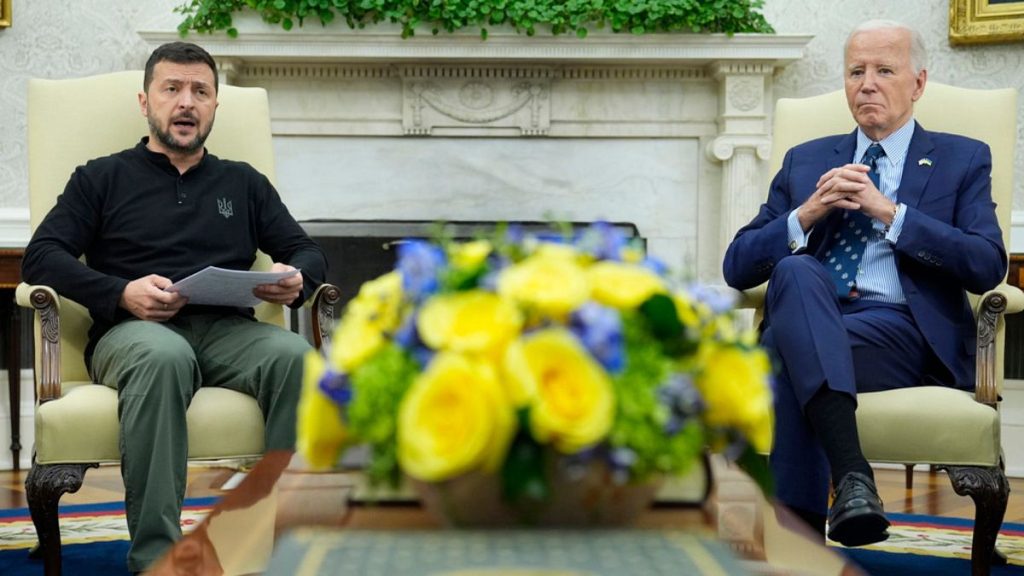The ongoing war in Ukraine has become a breeding ground for misinformation, with various narratives circulating online designed to manipulate public opinion and undermine support for Kyiv. One such narrative involves a fabricated list purportedly revealing US politicians, including President Joe Biden, receiving bribes from Ukraine in exchange for their backing. This list, disseminated across social media platforms like Threads and X, alleges that figures like Biden, Nancy Pelosi, and Mitt Romney have accepted substantial sums of money. However, these claims lack any credible evidence and are readily identifiable as disinformation.
The primary indicator of the list’s falsity is the complete absence of corroboration from reputable news sources. No legitimate media outlet has reported on these alleged bribes, which would undoubtedly be a major scandal if true. Furthermore, the idea that a Ukrainian official would release such incriminating information, effectively jeopardizing the crucial financial aid their country relies upon from these very politicians, strains credulity. Ukraine’s dependence on Western support, particularly from the US, makes such a move illogical and self-defeating.
The dissemination of this disinformation campaign also exhibits classic signs of manufactured propaganda. The accompanying text often contains poor grammar and stylistic inconsistencies, suggesting a hasty creation and widespread, automated distribution. A closer examination of online activity reveals that these claims have been circulating since at least 2023, repeatedly debunked by fact-checkers from reputable organizations. The resurgence of these claims demonstrates a persistent effort to manipulate public discourse surrounding the war.
The motivation behind spreading such disinformation likely stems from pro-Russian actors and other entities seeking to erode international support for Ukraine. By painting a picture of corruption and quid pro quo, these narratives aim to sow doubt and skepticism among Western populations, potentially pressuring governments to reconsider their aid packages. This tactic plays into a broader strategy of undermining the legitimacy of Western assistance to Ukraine, portraying it as self-serving rather than a response to unprovoked aggression.
The financial commitment of the US and Europe to Ukraine is substantial. Official figures reveal that the US alone has provided nearly $183 billion in aid since the full-scale Russian invasion began in 2022. The European Union, collectively and through individual member states, has contributed over $140 billion. These substantial investments underscore the West’s commitment to supporting Ukraine’s defense and recovery. The dissemination of false narratives about corruption aims to undermine public trust in this commitment and potentially weaken the resolve of Western governments.
The future of US aid to Ukraine faces uncertainty with the upcoming change in administration. European allies are particularly concerned about potential shifts in policy given past criticism of aid levels. While the outgoing administration continues to provide significant military support, aiming to strengthen Ukraine’s negotiating position, the long-term trajectory remains unclear. European nations are taking steps to bolster their own defense capabilities and maintain support for Ukraine, anticipating potential fluctuations in US policy. This underscores the complex geopolitical landscape and the ongoing struggle to maintain a united front against Russian aggression amidst the persistent threat of disinformation.

